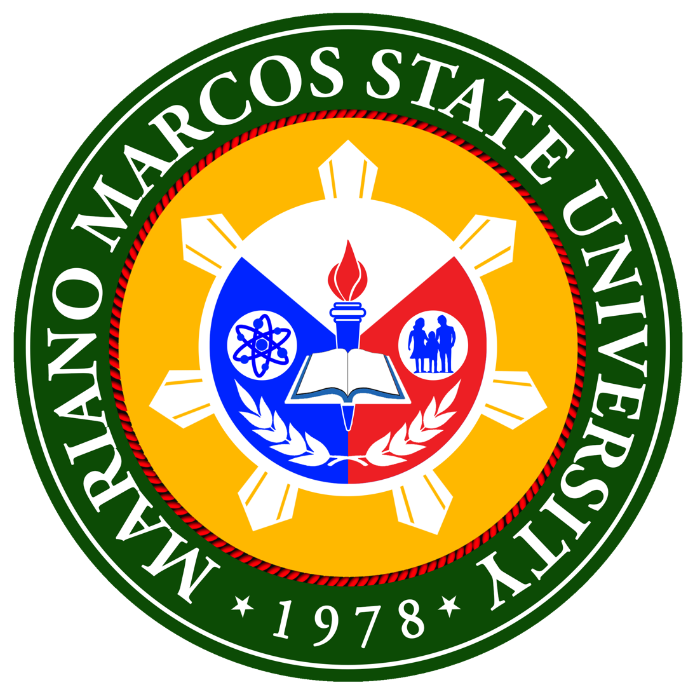CHED grants Php 12-M for MMSU flexible learning center
By John Vincent B. Toribio
The Commission on Higher Education (CHED) granted the Mariano Marcos State University (MMSU) with Php 12 million for the continued establishment of the University’s Center for Flexible Learning (CFL).
The CHED funding aims to support the University’s persistent efforts to improve its capacity to facilitate flexible learning in the face of the COVID-19 pandemic. It is under the Institutional Development and Innovation Grants.
In a Memorandum of Agreement signed by MMSU President Shirley C. Agrupis and CHED Chairperson J. Prospero E. De Vera III, the allocation shall further address connectivity, digitization and flexible learning needs in the University as it maintains its brand of academic excellence, despite the health crisis.
MMSU’s aggressive efforts to establish the CFL started last year in its Phase I, transforming the second floor of the University Library located at the Batac Campus as the home of the Center and purchasing various equipment and facilities.
Now, with the multi-million allocation, the University pursues its Phase II to equip its rooms and offices with other high-end equipment and facilities and to establish its satellite centers.
First, the University will procure network devices and equipment (multi-functional security and enterprise appliance for high-speed connectivity, stateful firewall throughput and advanced network security, Wi-Fi routers for wider wireless coverage and network cabinets) and IT equipment (laptops, desktop computers, video conferencing devices, smart TVs, sound system and printers). Also, the fund covers fixtures (glass partition, computer chairs, tables and steel cabinets), air-conditioning units and electrical supplies and materials.
Second, the flexible learning satellite centers will be established in the campuses of Laoag, Dingras and Currimao to ensure that all MMSU constituents are catered for their connectivity and technological needs.
The CFLs in Laoag Campus will be located at the College of Teacher Education (CTE) and College of Industrial Technology (CIT) to serve their faculty, staff and students and of the Graduate School (GS). The other satellite centers will be at the College of Agriculture, Food and Sustainable Development (CAFSD) in Dingras and at the College of Aquatic Sciences and Applied Technology (CASAT) in Currimao.
Like the CFL in Batac, satellite centers will have lecture rooms, computer rooms, conference halls, small group discussion rooms, learning common section, information technology offices, printing rooms, recording studios, faculty rooms, accommodation rooms and a pantry. These centers will all be Wi-Fi zones.
With this, Dr. Agrupis exclaimed, “the generous funding from the Commission does not only allow us to create a world-class technological infrastructure in the University to excellently serve our constituents, but also reminds us of the trust being given to us – propelling us to move forward and to soar higher amid any challenge.” She also commended the efforts of the team that led the work for this project.
Dr. Saturnina F. Nisperos, director of the Information and Technology Center (ITC), and Dr. Marivic M. Alimbuyuguen, dean of the College of Arts and Sciences (CAS), serve as the project leaders.
Once complete, the CFL will also serve as a hub for the University’s Open Distance Learning Program, the Language Center, internationalization programs, and conduct of virtual training and classes.
This project of the University will serve as a groundwork for its goal to be a Smart Campus which is characterized as “a place where next generation devices and applications create better educational outcomes and facilitate operational efficiency.” (StratCom)
Powered by Froala Editor
Written By:
Administrator
Other News
Ret. Justice Carpio-Morales funds scholarship program for MMSU students
2 MMSU profs receive BSU-CVM Young Veterinarian Achiever Award
MMSU Vet Med prof recognized for contributions in marine mammal protection
MMSU-CTE hosts SUCTEA Regional Conference
100% success of MMSU nursing and physician board examinees feted in testimonial rites

